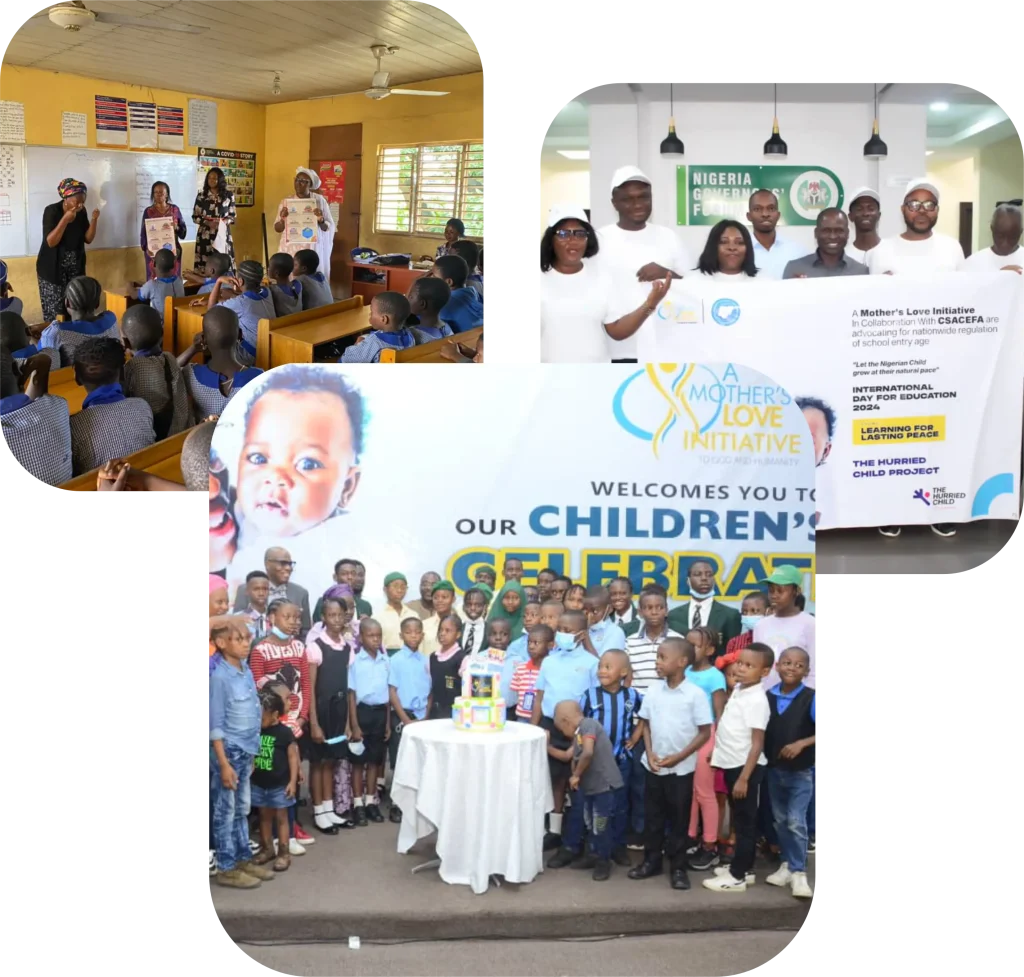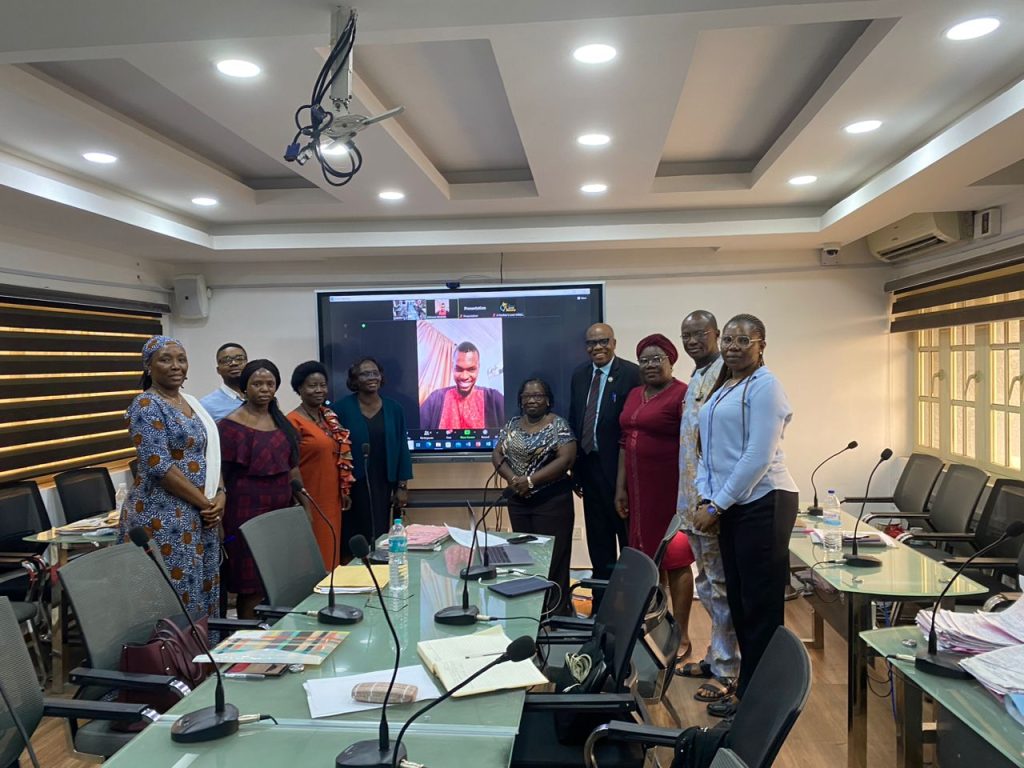ABOUT THE PROJECT
The Hurried Child Project is a multifaceted program designed to address the mental, psychological, social, and developmental issues associated with hurrying practices and the hurried child syndrome among children in African families. This project aims to implement interventions at various levels to ensure that the outcomes for African children are holistic, collaborative, and sustainable in the immediate, medium, and long term.


Given the interconnected roles of those contributing to the well-being of African children and families, AMLI has developed dual interventions in priority areas. This approach aims to maintain a balance in improving the mental well-being and psychosocial outlook of both children (boys and girls) and parents (mothers and fathers), in alignment with our mission and vision.
The project’s success hinges on collaboration across multiple sectors, including academia (research experts), government, policymakers, mental health practitioners, parents, caregivers, the healthcare sector, community leaders, development partners, and international nongovernmental organizations (INGOs), among others.
Additionally, the project includes media advocacy through the creation of documentaries. These documentaries feature a collection of interviews and excerpts that explore the history, root causes, predisposing factors, maintaining factors, and consequences of hurrying children through childhood, as perceived by the victims, perpetrators, and the system that perpetuates the hurried child syndrome in Africa.
The bottom line, Africans need to be reoriented on the dangers of hurrying children during developmental stages.